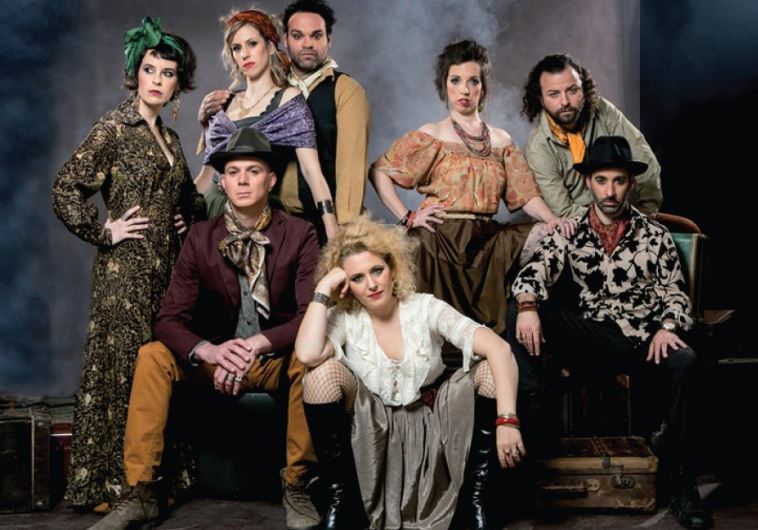Yiddishpiel musical comedy proves to be new outlet for actor Dubi Gal
Gal said that it was a joy to return to his roots – “not to mamaloshen but to Bobba loshen.”
 Yiddishspiel’s (Tel Aviv Yiddish theater) production of ‘Gypsy Soul’(photo credit: COURTESY YIDDISHSPIEL)
Yiddishspiel’s (Tel Aviv Yiddish theater) production of ‘Gypsy Soul’(photo credit: COURTESY YIDDISHSPIEL)